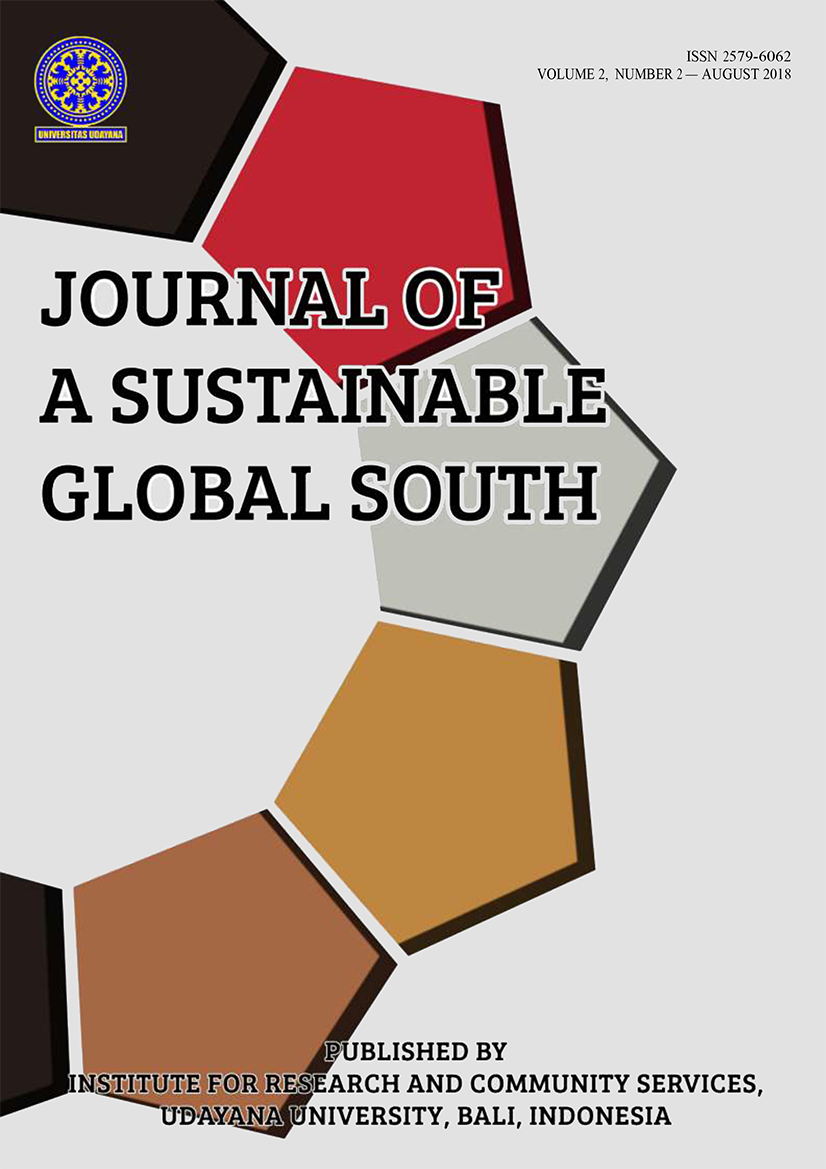Application of the Neo Vernacular Theme in the Redesign of Banjar Nyuh Port in Nusa Penida, Bali
August 2018
Abstract
Nusa Penida is one of the islands in Klungkung Regency, Bali, which is currently growing rapidly. This can be seen from the increasing number of tourists every year. Based on the data of the number of people who visited Nusa Penida, it could be seen to have an increase in the need to provide adequate facilities of the port. Banjar Nyuh Port is one of the ports in Nusa Penida which currently needs to be redesigned in order to facilitate sea transportation activities. Re-design is a process of replanning a facility in an effort to improve the functions that are contained and create better conditions than before. The Redesign of the Banjar Nyuh Port aim to optimize the port function through solving the problems encountered using innovative thinking in redesigning. In the process of redesign based on a theme as the basis, the theme used must be in accordance with the context of the problems, location, culture and social of the local community so that the appropriate theme is to apply the Neo Vernacular Architecture theme to the design. The applica-tion of Neo Vernacular Theme can display the traditional impression of Balinese Architecture combined with the value of modern architecture so as to create a design that contains cultural traditions and design innovation in it.
Index Terms— redesign, port, neo vernacular, nusa penida.










(1).png)


